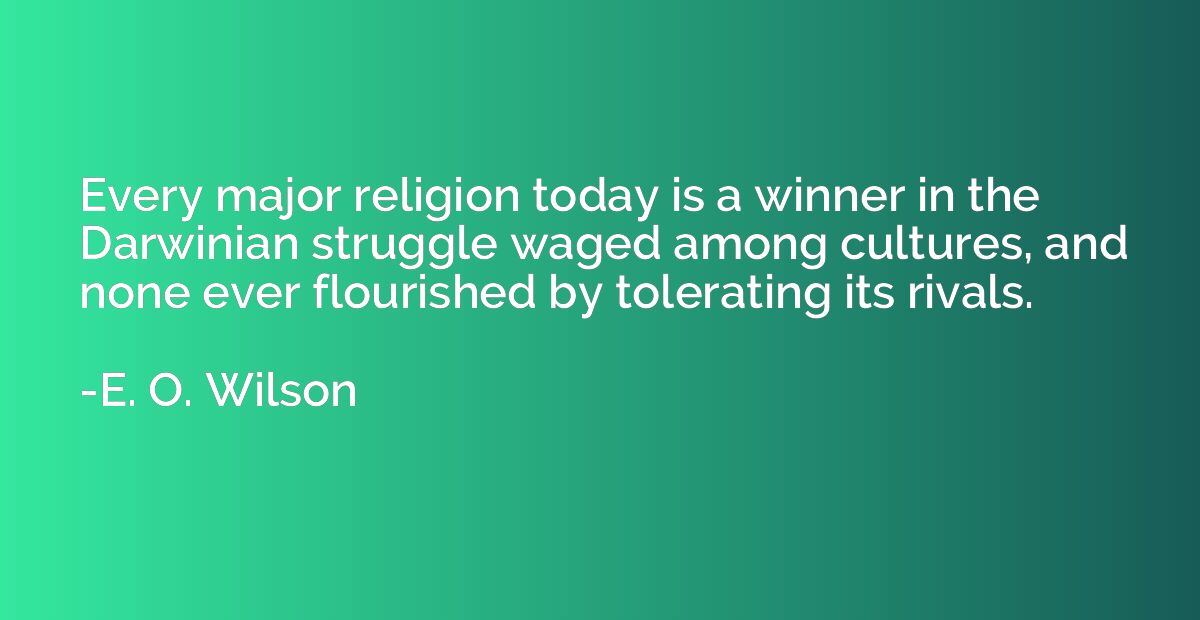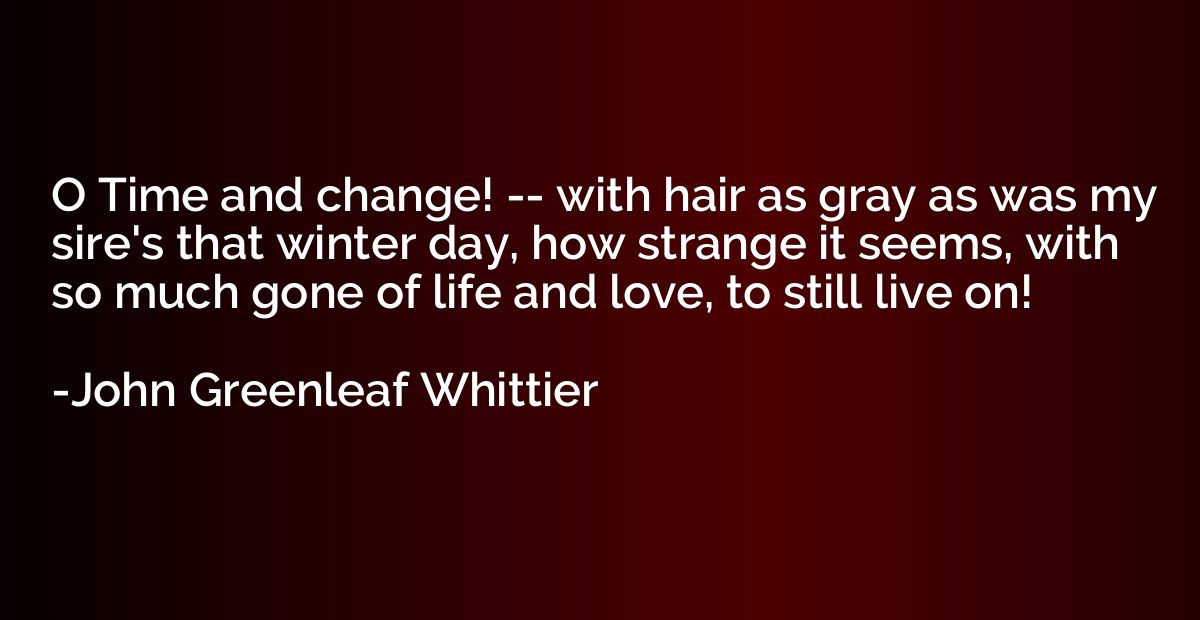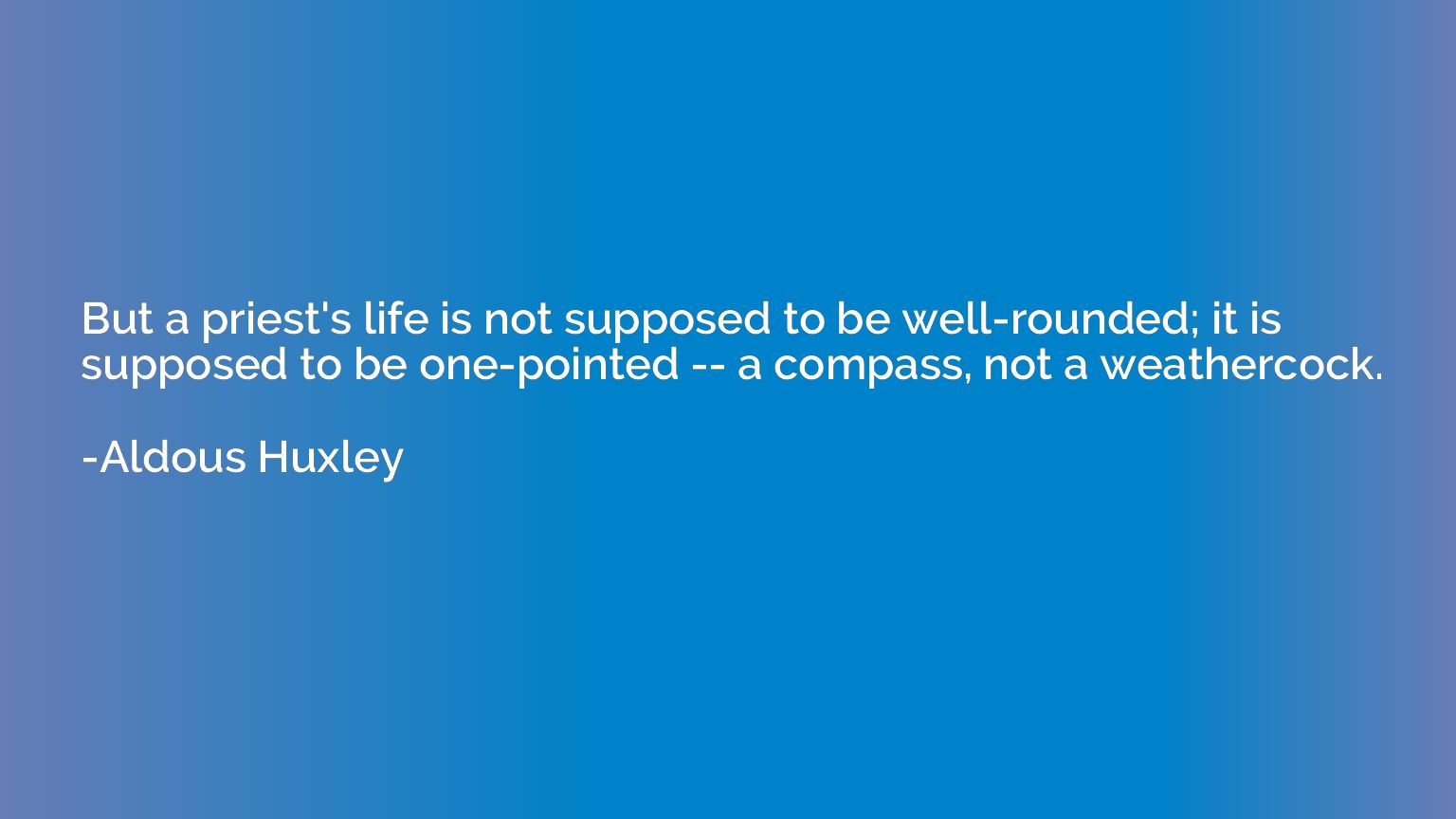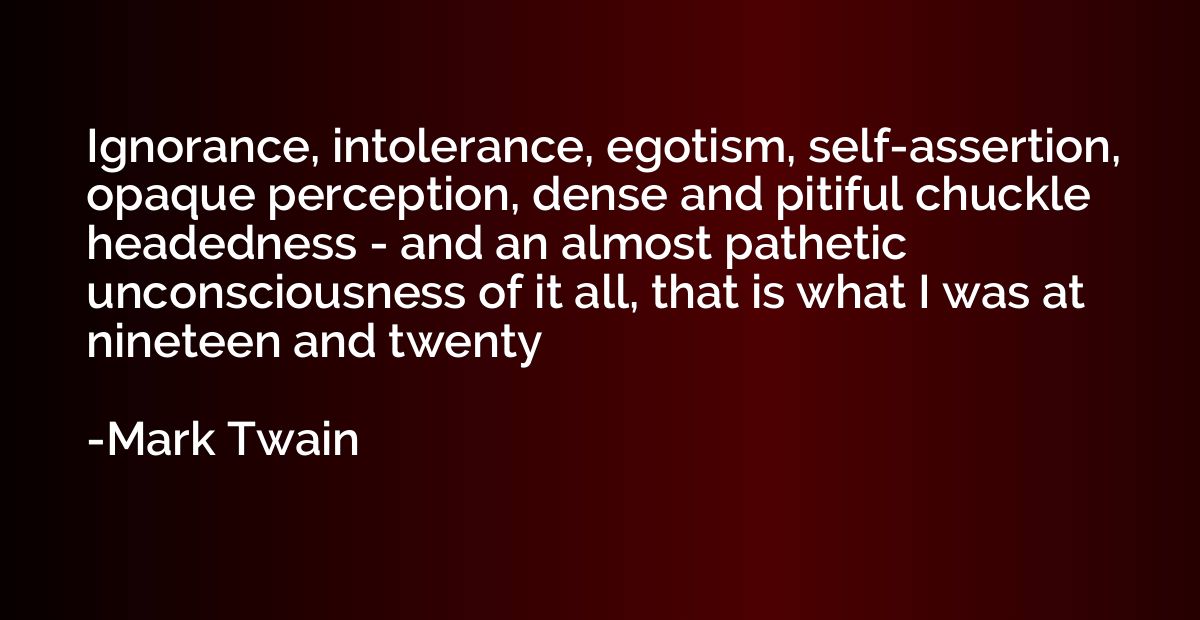Quote by J. K. Rowling
Why do I talk about the benefits of failure? Simply because failure meant a stripping away of the inessential. I stopped pretending to myself that I was anything other than what I was, and began to direct all my energy into finishing the only work that mattered to me.

Summary
In this quote, the speaker, J.K. Rowling, explains the reason behind her emphasis on the benefits of failure. She believes that failure serves as a humbling experience that exposes the unnecessary aspects of one's life. By acknowledging her failures, she embraces her true self and focuses solely on the work that holds the utmost importance to her. The quote highlights the transformative power of failure in providing clarity, authenticity, and an unwavering dedication to one's true purpose.














